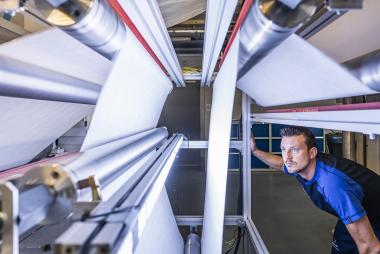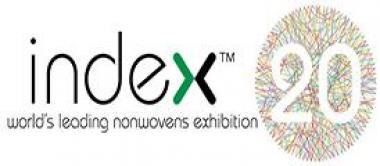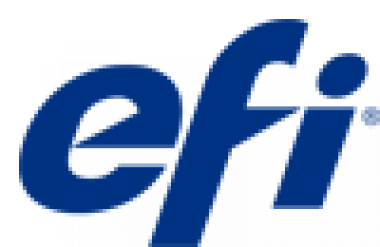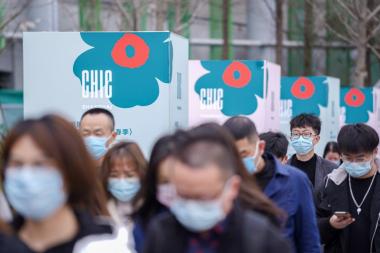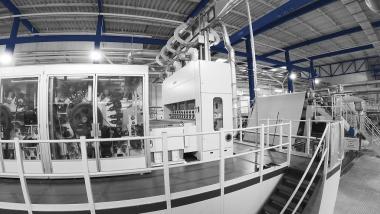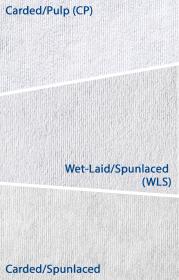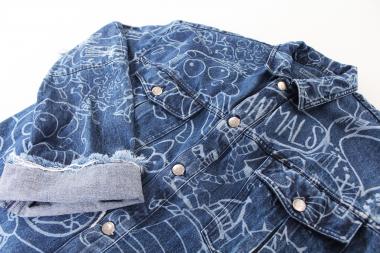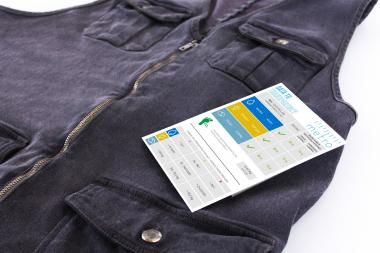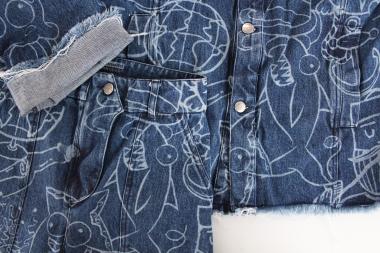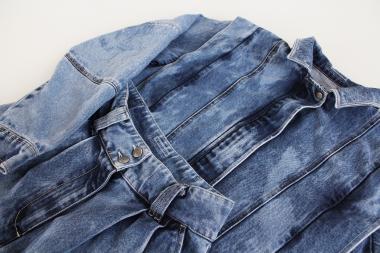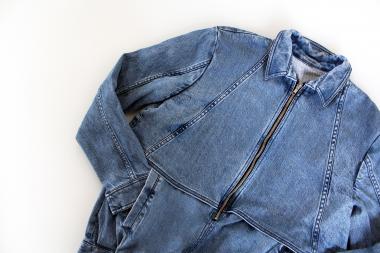Avgol talks to Biotransformation Technology in Nonwovens at Index 2020
Avgol®, an Indorama Ventures company and manufacturer of high performance nonwoven fabric solutions, will be showcasing its latest work in biotransformation technology for polyolefin fibers and nonwoven fabrics at this year’s IndexTM 20 exhibition.
Avgol will be discussing the global challenge of eliminating incineration, landfill, dumping and, in particular, fugitive material pollution from non-woven products.
natureFIT™ is the newest innovation in the Avgol technology platform designed to imbue nonwoven fabrics with additional qualities and benefits that anticipate the shifting demands of the consumer-led retail space. The suite of fabric solutions is focused on replacing elements of spun melt fabric design, where possible, with natural alternatives. The advanced technology affords product designers a significant reduction in polymer consumption to reduce environmental impact while simultaneously enhancing softness and conformability.
The Index 20 expo will be held on 19 – 22nd October 2021 at Palexpo Geneva.
Avgol / PHD Marketing Ltd







